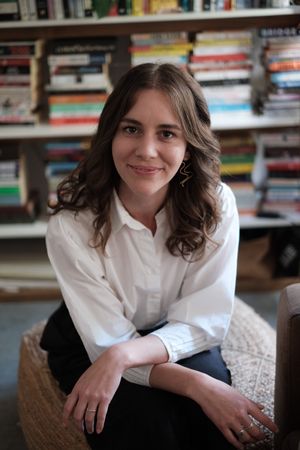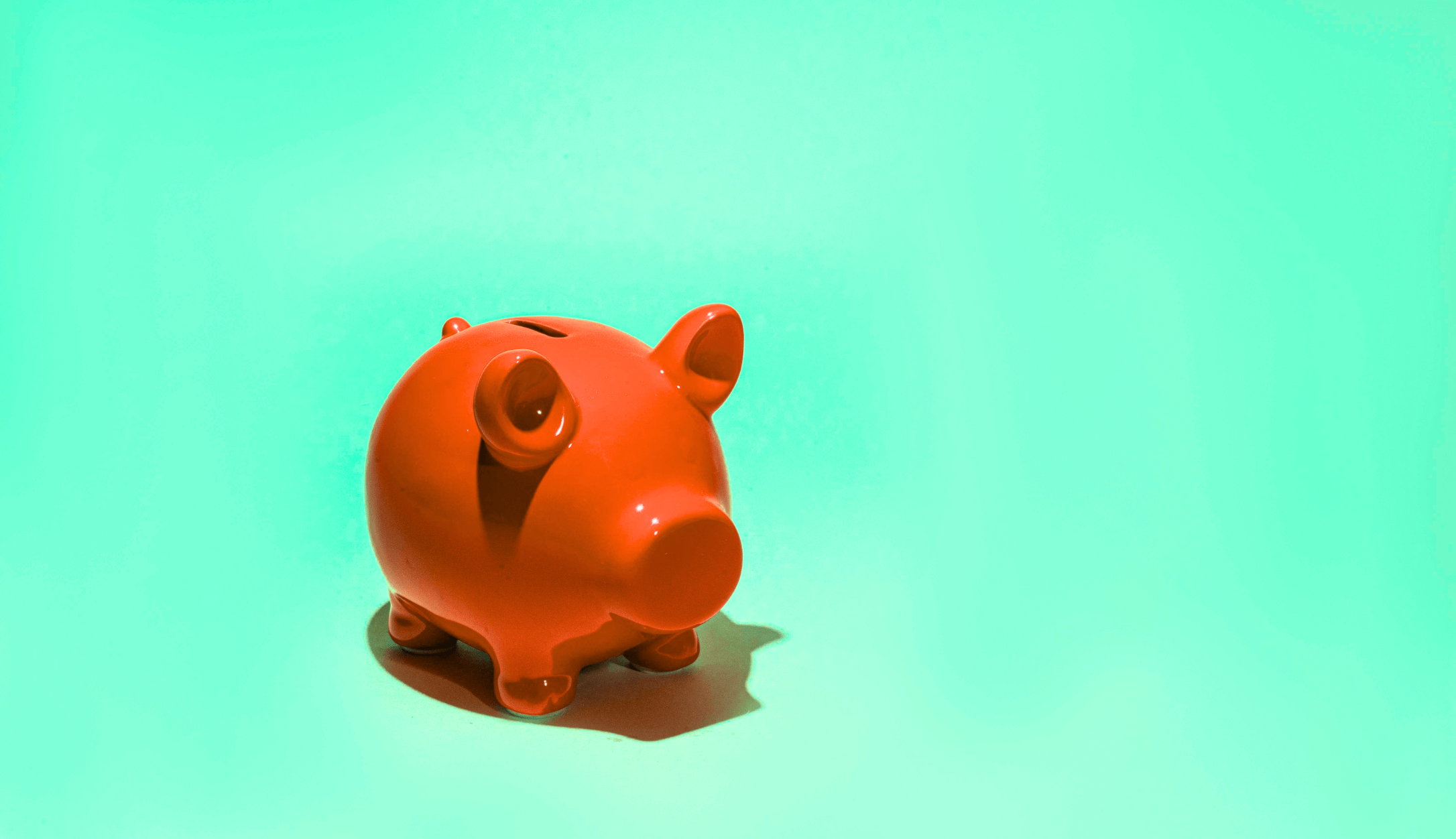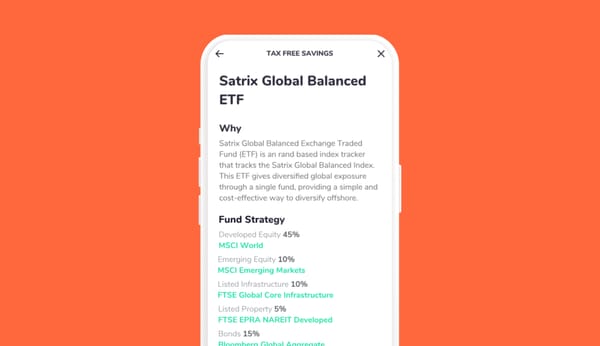The terms ‘saving’ and ‘investing’ are often used interchangeably, but there’s a difference. It’s something our Franc investors ask us to clarify a lot: When should I save? When should I invest? What does saving well look like? What does investing well look like? How does that factor into my financial mix?
We discussed the topic in a Francly Speaking episode, and here’s the lowdown on the difference between saving and investing, when you should save and when you should invest, and how you should approach both.
Watch our Francly Speaking episode about saving versus investing.
What’s the difference between saving and investing?
Let’s start by explaining the difference between saving and investing:
Saving is simply not spending money. It’s the act of putting that money aside on a regular basis, like under your mattress or in a savings account. When you’re saving, you’re building up a nest egg for a bigger expense or purchase in the future, or for an emergency fund.
On the other hand, investing is using your money to buy an asset with the promise of better growth – in the form of income or a lump sum to cover a major expense (like the cost of a child’s education or for retirement). A good example of investing is when you’re using your money to buy shares in a company.
Whereas the interest rates on savings products are often medium to low (but risk is close to zero), when it comes to investments, the best rates of return usually come with some uncertainty (or investment risk).
Having said that, the rate of return on a well-chosen investment has a chance of delivering higher returns, if you have enough time to wait out the possibility of ups and downs. Over the last 100 years, the stock market has consistently delivered better returns than savings accounts for long-term investors, but for short-term investors it has sometimes resulted in capital losses.
Should you save and invest?
Putting money aside – the fundamental definition of saving – is in and of itself a good habit. But if you’re only saving, and leaving your money under your mattress or even in a bank savings account, it's likely that your money isn't going to beat inflation – and that's not smart.
“I think a lot of people don't realise that there's a good savings culture in South Africa,” says Tom in the Francly Speaking episode. “I know this from what I've read, and from what I've learned from discussions with many people. They may not have a lot of money to save because they don't have a lot of income, but generally the savings rate is between 10- 25% of monthly income being saved. The real problem comes down to what they’re doing with their savings.
Some people are leaving their money in their bank accounts, or putting it under the mattress, or in a stokvel with other people. And in some of these instances, that money isn’t earning any interest. In others, it's earning very little”
That’s why both saving and investing have a role to play in your financial planning.
When should you save, and when should you invest?
When you’re making the decision of when to put your money into savings versus putting it into an investment, at Franc we believe you should look at your goals.
When you should save:
Saving is often thought of as short-term. Your emergency fund (3-6 months of income), for example – which everyone should have – should be part of your ‘savings’.
You should probably find a savings product to put your money in if you:
- Want to reach that goal in 3 years or sooner
- Need to access that money quickly and easily (like in the case of an emergency fund)
Savings should be low-risk so that when you need that money, it isn’t affected by a dip in the market. You want stability, not returns that fluctuate.
Why should your savings be in a low risk product, you ask? Well, let’s use the risk of rain to illustrate. Imagine rain implies that you lose your money. Hypothetically, if you wanted to access your money tomorrow, would you put it in a place that has a higher chance of rain? No.
You want to make sure that when you need to access your money, the odds of no rain are in your favour.
However, if you don’t need to access your money at a specific date in the near future, you have the option of choosing a sunny day to access your money – even if it's the middle of winter in Cape Town, for example.
When you should invest:
Once you have something to fall back on — enough savings to cover a few months’ expenses, for example — you can start a long-term equity-based investment plan.
You should put money into an investment if you:
- Are looking to have that money available for a longer-term goal, like your child’s tertiary education, for example, or your retirement
- Want that money to grow at a higher rate than in a savings account
- You don’t need to access that money at a drop of a hat
Juggling both savings and investments
How much you put into your savings vs. investment pots depends on how much you have available to save and invest, and what you need to prioritise. Always start by having a solid emergency fund saved up. Once you have that, you can start building out your other short- and long-term goal funds.
But remember: “Even if you have short-term goals, don't devalue the long-term goals, particularly because it takes time for money to grow,” advises Tom. “You don't want to just enjoy a good holiday at the expense of a comfortable retirement or buying a house. There's no reason why you can't sort of satisfy both by putting a little bit of money into each of those goals.”








![How & Why You Should Do a Financial Reset [+ downloadable financial reset journal]](/blog/content/images/size/w600/2024/12/Setting-goals-for-the-year.png)


